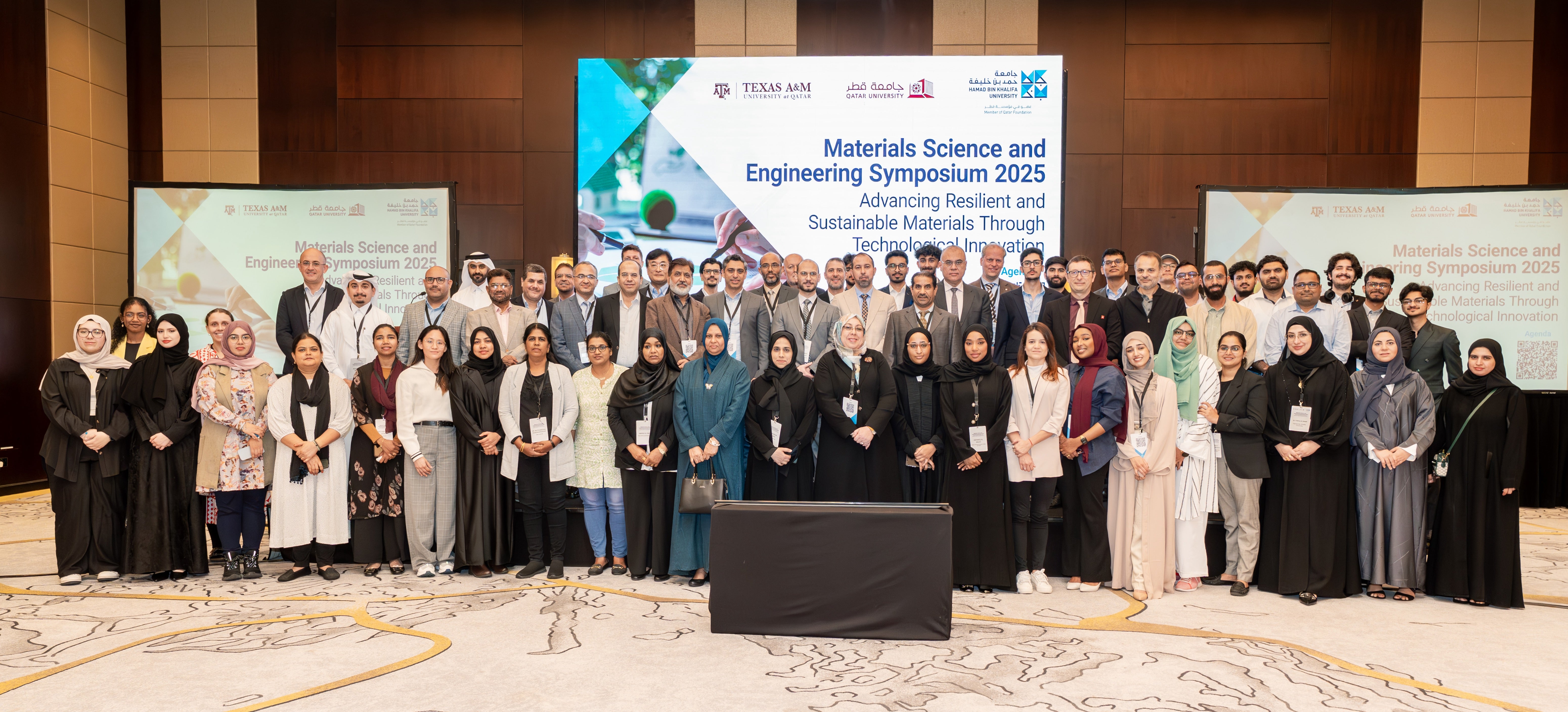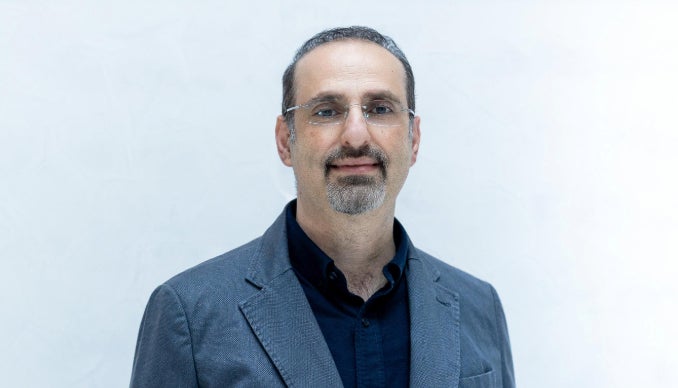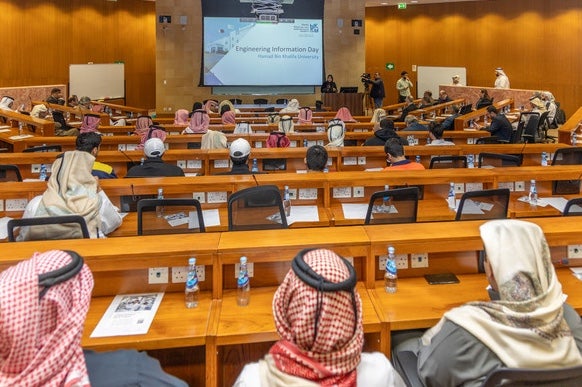Kingston University collaborates on research suggesting new model for managing critical PPE stock
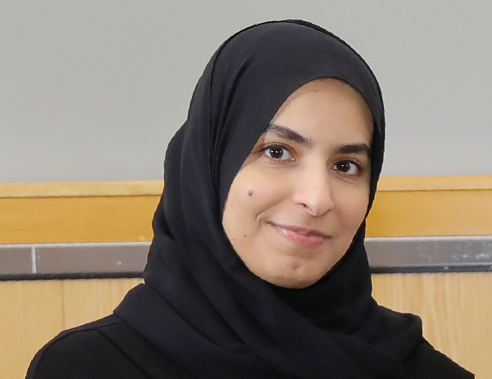
In the face of unprecedented global demand for medical resources, Dr. Luluwah Al-Fagih, Assistant Professor in Engineering Management and Decision Sciences at the College of Science and Engineering (CSE) at Hamad Bin Khalifa University (HBKU), has developed a game theory-based model that can be deployed to enhance stock management of personal protective equipment (PPE).
Dr. Al-Fagih is the lead author for research that suggests the shortages in PPE, which have arisen in many countries during the pandemic, may not necessarily be the result of a national shortage but rather the inefficient distribution of resources in a timely manner.
Dr. Al-Fagih collaborated with her PhD student at CSE Khaled Abedrabboh; researchers from the School of Computer Science and Mathematics, Kingston University London, UK; her former PhD student; and two medical practitioners on the study, which has been published by the open-access scientific journal PLOS ONE.
The researchers propose a game-theoretic approach to schedule PPE orders among healthcare facilities. In this PPE game, each independent healthcare facility optimizes its own storage use to keep its PPE costs at a minimum. Such a model, the study suggests, can reduce peak demand considerably when applied to a fluctuating PPE consumption profile.
 Illustrating their model through a practical case study, the researchers investigated PPE provision in hospitals of the National Health Service (NHS) England. Using data, their experiments confirm that the challenge of securing PPE supply during disasters such as COVID-19 can be eased if proper stock management procedures are adopted. These can include early stockpiling, increasing storage capacities alongside measures that can prolong the time period between successive infection waves, such as social distancing. Simulation results suggest that dedicated PPE storage space can be a viable solution to avoid straining supply chains in the case of a second wave of COVID-19 infections.
Illustrating their model through a practical case study, the researchers investigated PPE provision in hospitals of the National Health Service (NHS) England. Using data, their experiments confirm that the challenge of securing PPE supply during disasters such as COVID-19 can be eased if proper stock management procedures are adopted. These can include early stockpiling, increasing storage capacities alongside measures that can prolong the time period between successive infection waves, such as social distancing. Simulation results suggest that dedicated PPE storage space can be a viable solution to avoid straining supply chains in the case of a second wave of COVID-19 infections.
Dr. Al-Fagih, who is also affiliated with Kingston University London, said: “The proper use of PPE is one of the most crucial ways by which transmission of COVID-19 (and other infectious diseases) is reduced. We’ve seen how shortages have led to countries rationing their use of PPE and even reusing disposable material, risking higher infection rates among healthcare professionals. Our study is unique in using game theory to plan critical resource management and our simulations show the benefits of implementing such an approach. As a result of this international collaboration, our paper can be the starting point for highlighting the practicality of a game-theoretical model to decision-makers.”
Kingston University London’s Professor Jean-Christophe Nebel, a co-author on the paper, said: “Our model offers a way to provide an optimal system of ordering additional supply that could massively reduce costs by managing demand through a cooperative approach,” he said. “While we haven’t seen reports of PPE shortages in the UK so far during the second wave, should a third wave result in stocks becoming stretched, we believe this game theory approach could be applied to manage supplies and keep costs down.”
The study is freely available online at https://journals.plos.org/plosone/article?id=10.1371/journal.pone.0246110
For more information on the work of the College of Science and Engineering, please visit cse.hbku.edu.qa
Related News
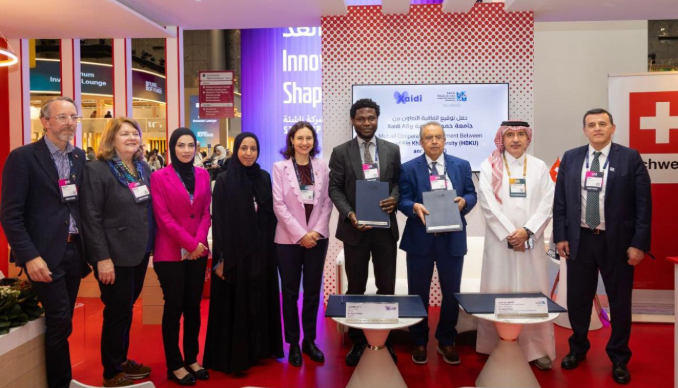
Hamad Bin Khalifa University Partners with Swiss Health Tech Xaidi to Support Qatar’s National Autism Plan
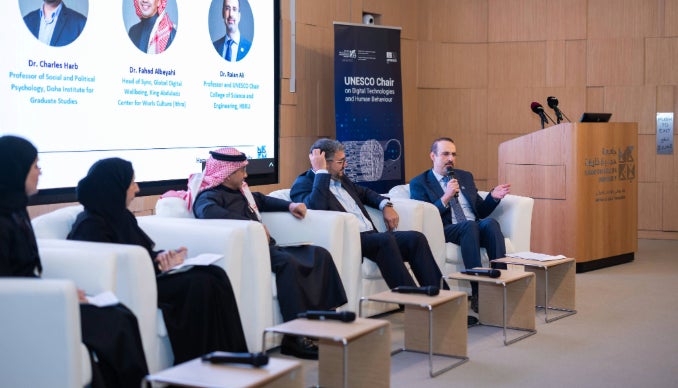
UNESCO Chair on Digital Technologies and Human Behavior Launched at Hamad Bin Khalifa University

HBKU, TAMUQ and ACS Host Conference on Innovations in Chemistry and Chemical Engineering for a Sustainable Future

bNovate Technologies Partners with HBKU in Groundbreaking SMART-Distribution Project to Enhance Qatar’s Water Security
